PROBIOBALKAN

Promotion of Cost Competitive Biomass Technologies in the Western Balkan Countries
The PROBIOBALKAN project was developed by partners from Hungary, Croatia and Serbia and Montenegro within the European Sixth Framework Programme.
The aim of the project was to describe, compare and evaluate new and innovative technologies, which promote the use of sustainable energy with a potential to maximise regional productivity. To achieve the set goals two two-days international conferences have been organised – one in Belgrade, Serbia and Montenegro and one in Zagreb, Croatia.
The conferences, focusing on biomass production, gave indispensable technological content to sustainable development and have initiated cross-border cooperation through the promotion of biomass.
The events served to compare and evaluate new and innovative biomass technologies, which promote the use of sustainable energy with a potential to maximise regional productivity, while minimizing undesirable emissions.
Within the framework of the Zagreb conference, organised in March 2006, there was a workshop with the aim to give indispensable technological content to sustainable development, focusing on the challenges for which technology can play a major role.
The workshop focused primarily on attracting researchers from academic bodies and industry experts, but environmental organisations, regulatory officials, policy makers, investors and other interested third parties were also welcomed and encouraged to take an active part in the event.
In order to meet the challenges set above, the workshop was divided into four different components, supplemented with an initial lecture, each addressing a specific set of targeted objectives:
- Plenary,
- Forum,
- Industry session,
- Poster session.
The project promoted economic growth and possibilities for productivity enhancement through raising awareness for RES and upgrading the acceptance of biomass. It also facilitated the use of national energy resources and ensured diversification concerning energy types and supply sources.
The major outcome of the project was know-how transfer regarding the implementation of biomass technologies allowing agriculture and forestry to make use of their potential resources.
The best practices presented, will enable the industrial sector to achieve self-sufficiency, thereby eliminating the currently poor practices of wasteful and environmentally harmful, as well as economically disadvantageous disposal.
The project will also help to create new investment opportunities for EU and national businesses, as well as new options for a more independent energy market, emerging as a strong tool for achieving local sustainability and decentralization.
New and innovative technologies, which promote the sustainable use of energy resources, have potential to maximise regional productivity. Social progress, economic growth and an increase in the standard of living must be achieved without endangering the quality of life for future generations.
This development pattern is what is defined as sustainable development.
In diesem Projekt erbrachte Leistungen
Projekte mit ähnlichem Leistungsbild
-
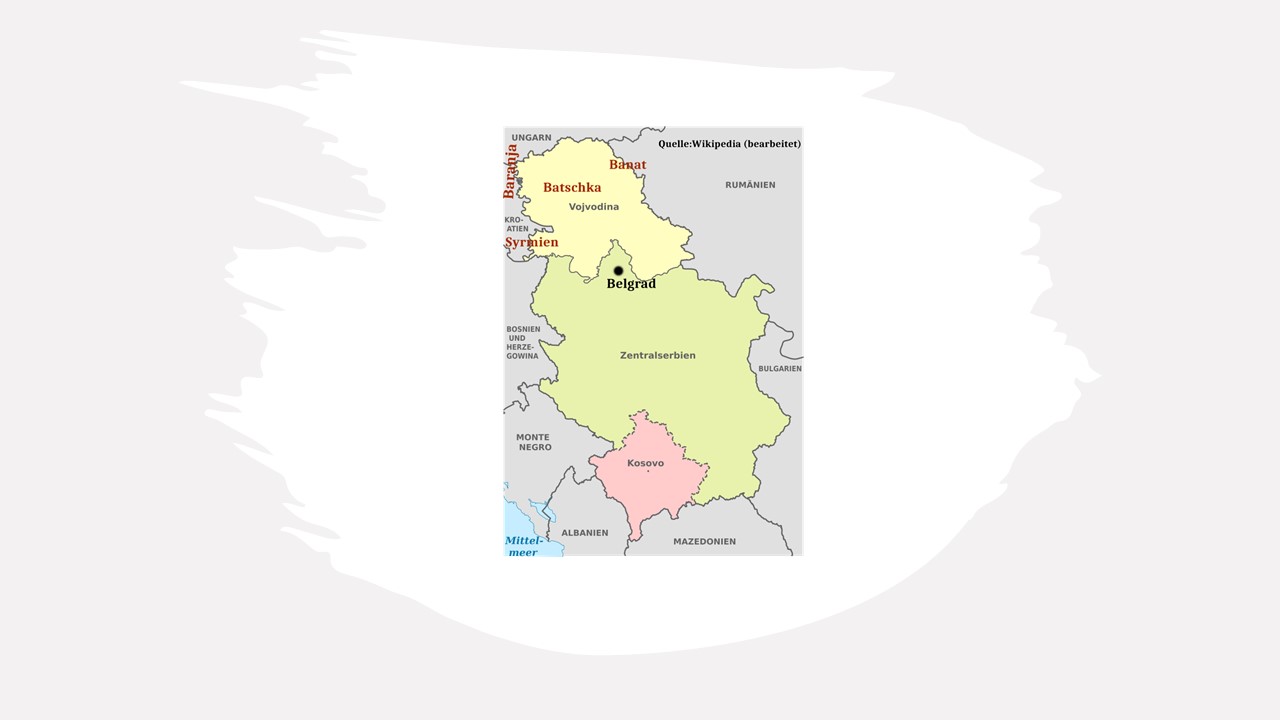
ADA – Development Partnership for Biodiesel in Voivodina, Serbia
-

ADA – Development Partnership for Biogas in Voivodina, Serbia
-
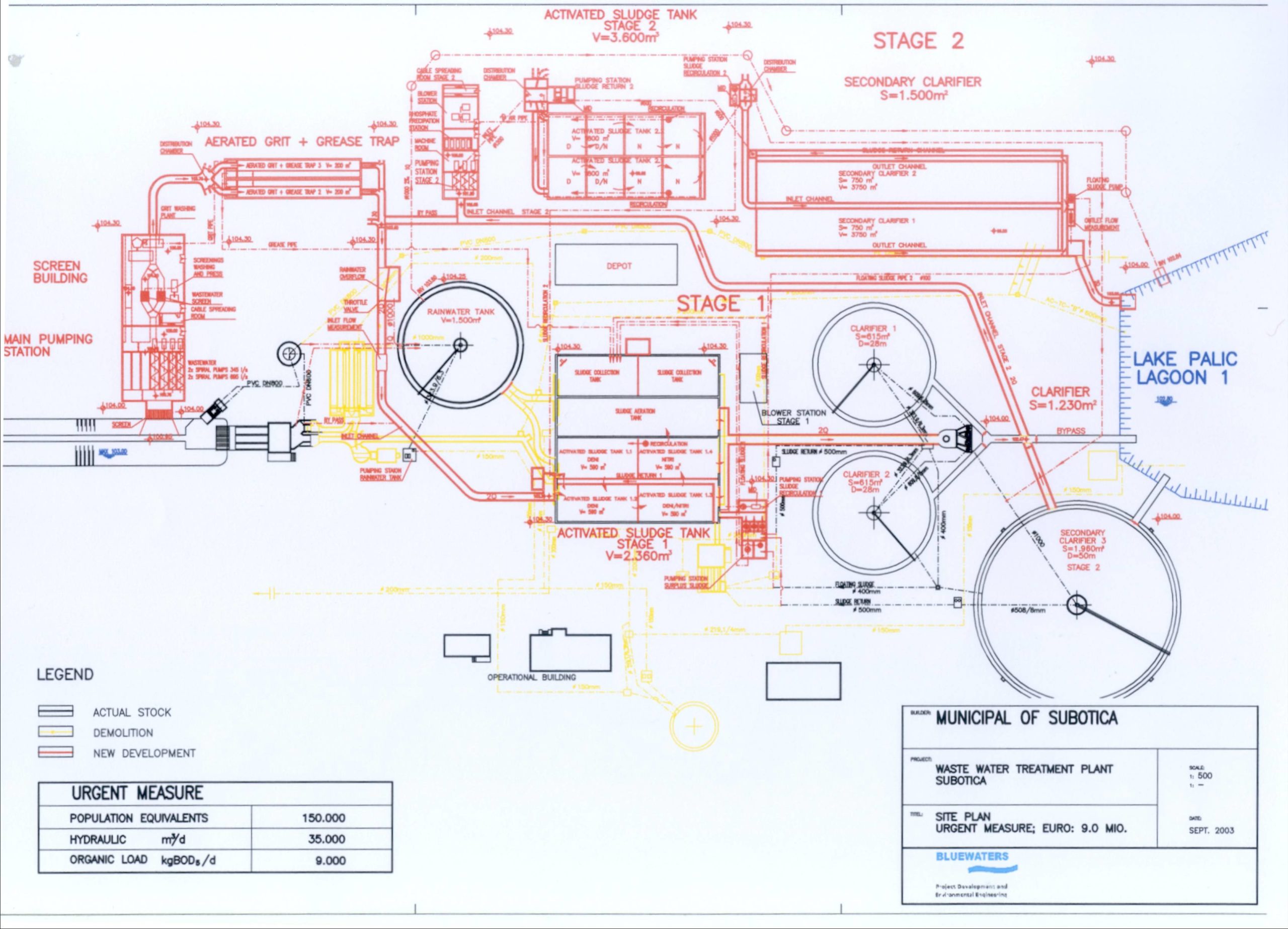
AEV Graz - Waste Management Study Vojvodina - Serbia
-

ALTENER – Geothermal Power Potential in Europe
-
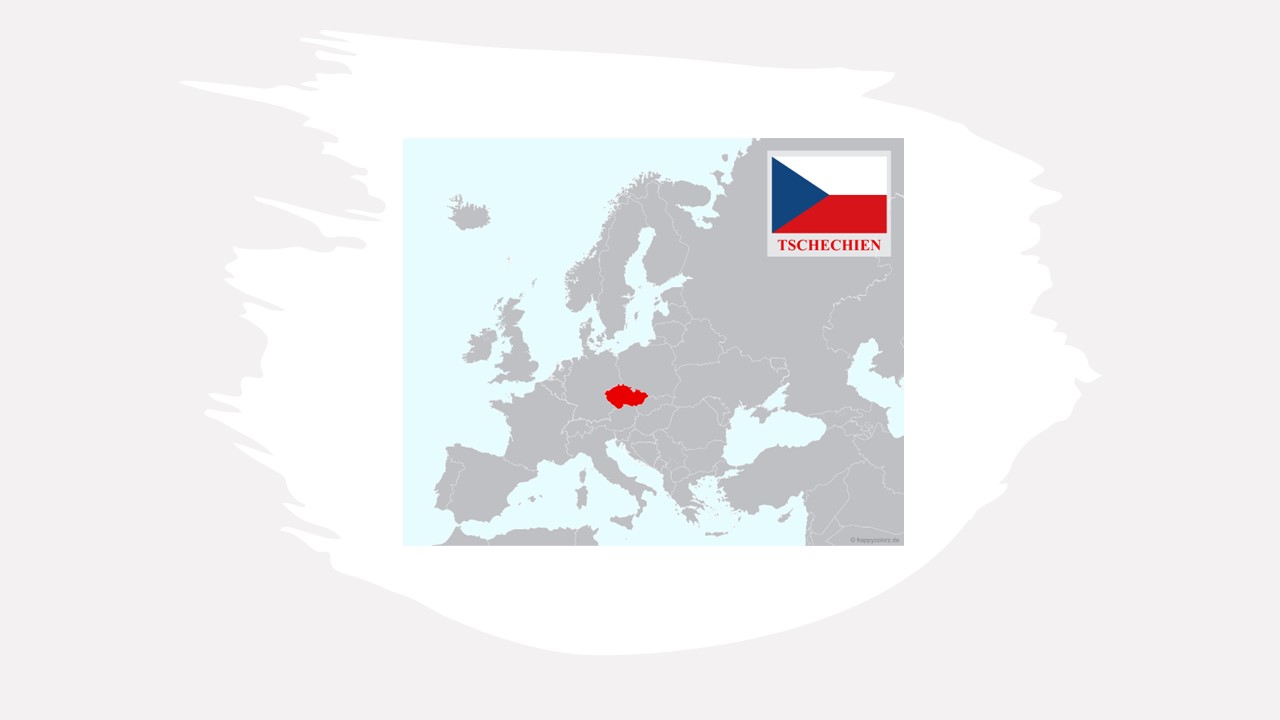
ÖKB - Market Analysis – Remediation of Contaminated Sites – Czech Republic
-

ÖKB - Market Analysis – Remediation of Contaminated Sites – Slovak Republic
-

ÖKB - Market Study on Agro-Industrial Supply Chains in Vojvodina, Serbia
-

ÖKB - Waste Water Treatment Master Plan for Southern Moravia – Czech Republic
-
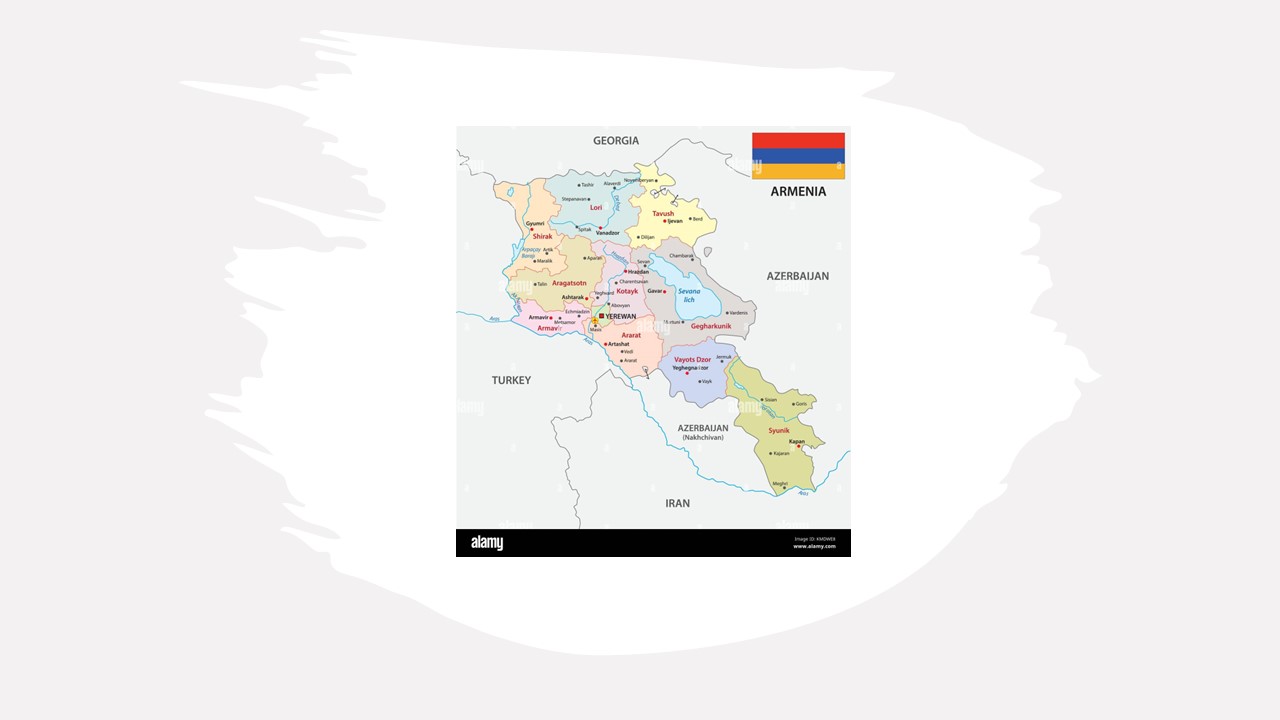
EBRD - ARMSEFF - Armenia Sustainable Energy Finance Facility
-

EBRD - UKEEP - Ukraine Energy Efficiency Project
-
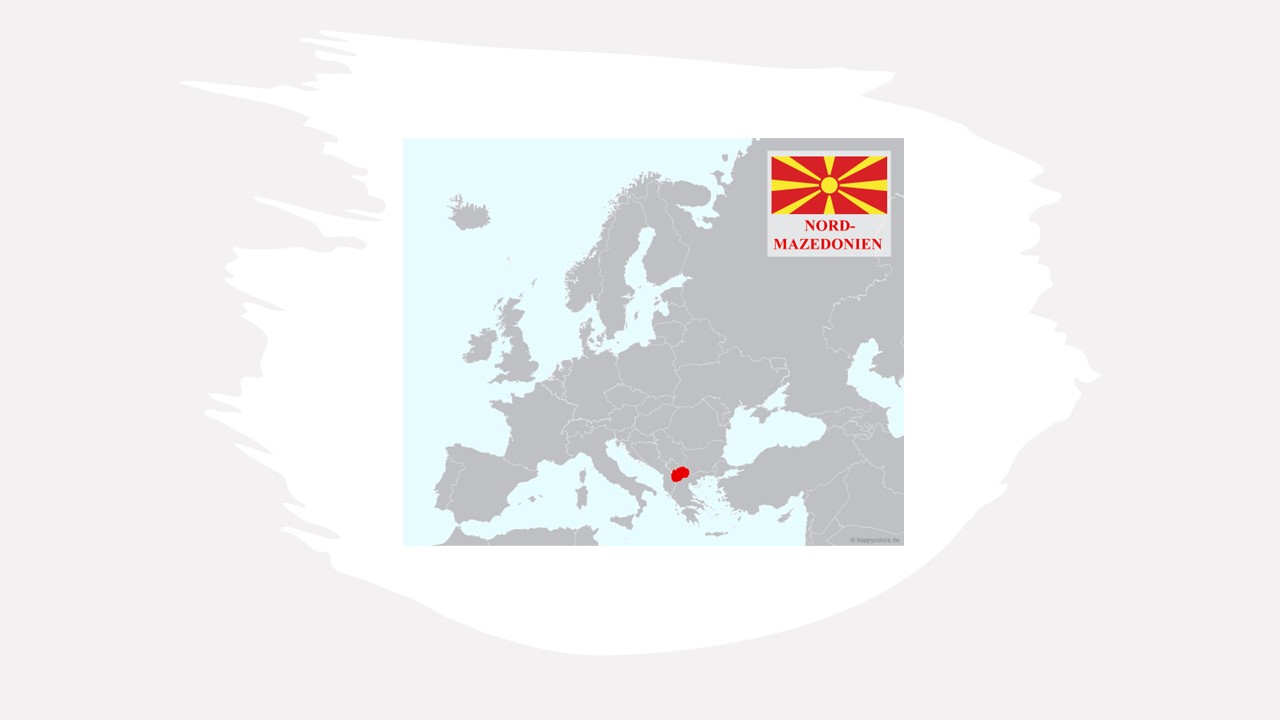
Environmental Audit for a Steel Mill in Skopje, Northern Macedonia
-

IFC - RECAN - Used Beverage Cans (UBC) Supply Network Development
-

INTERREG - UTN - Treating the Sludge of Belgrade’s Stormwater Drainage System
-

INTUSER - Information Network on the Technology of Utilisation and Sustainability of Energy Resources
-

Market Analysis for Private Water Sector Engagement in Bulgaria
-

PRODESTS - Promotion, Demonstration and Development of Sustainable Environmental Technologies for SMEs
-

Study on Regional Drinking Water Supply of the Voivodinian Region – Serbia
-

WohnMODELLmitZukunft - Wir denken in Generationen
-

BLUEPOINT – The Styrian-Vojvodinian Business Center in Novi Sad – Serbia
-

Best Practice Studies
-

GEOHEALTH
-

Wissensmanagement und Netzwerke





